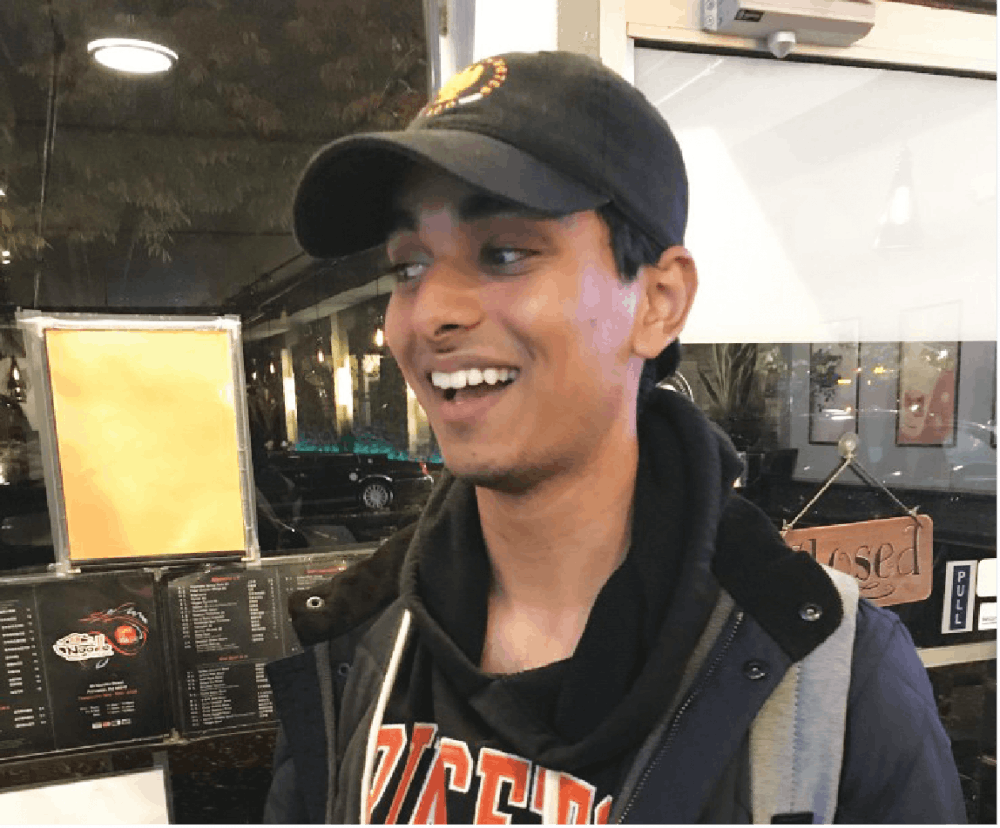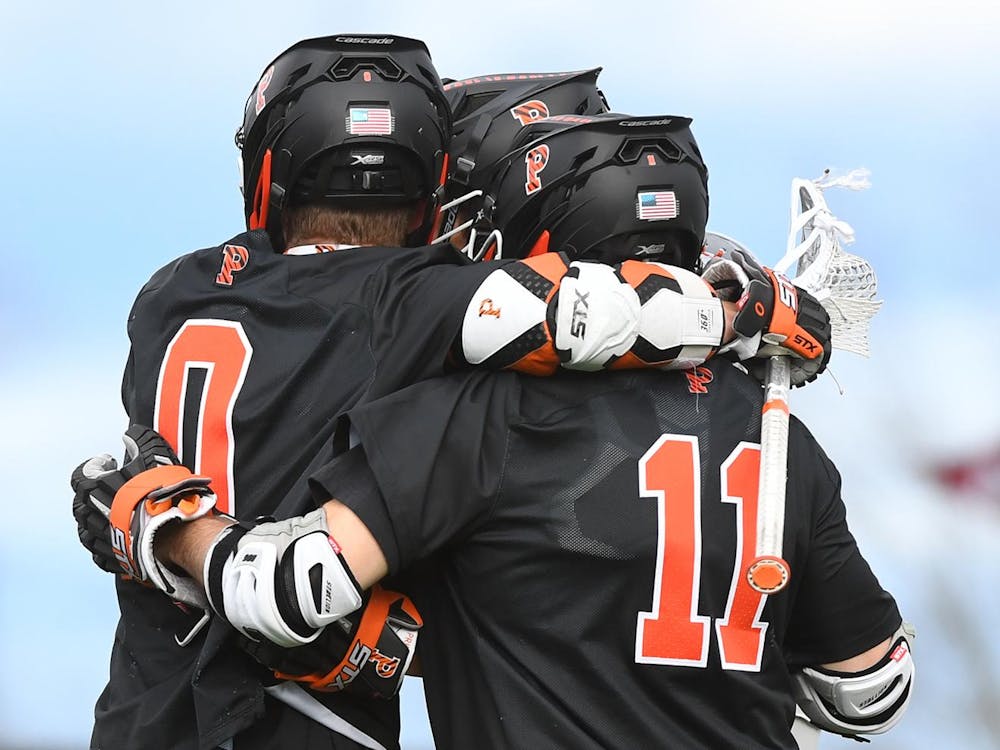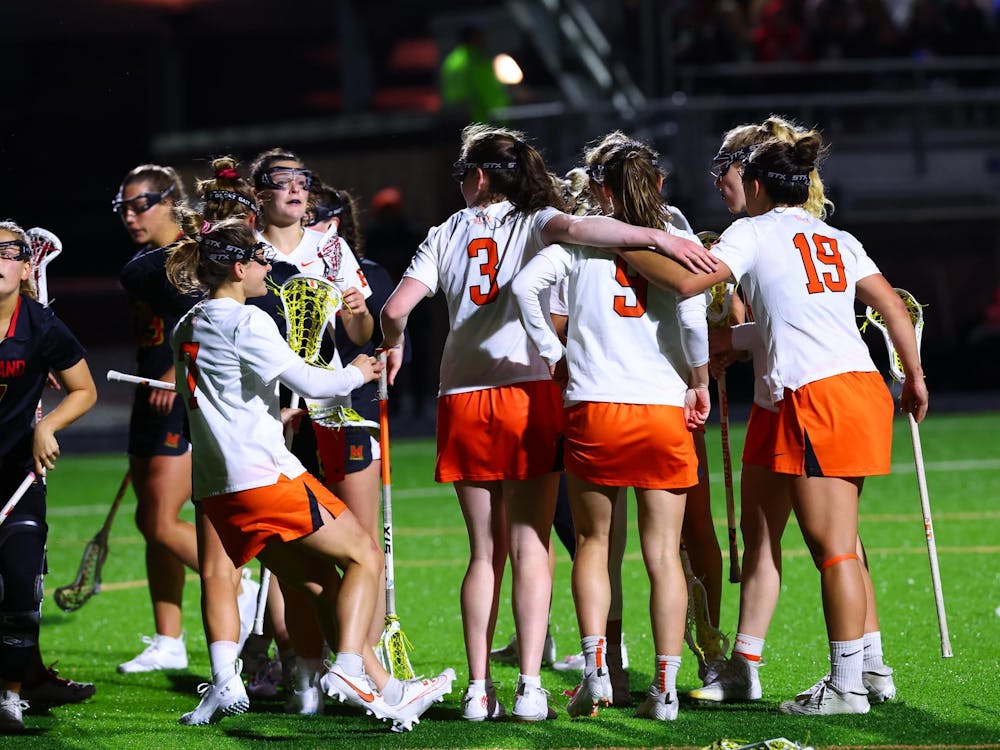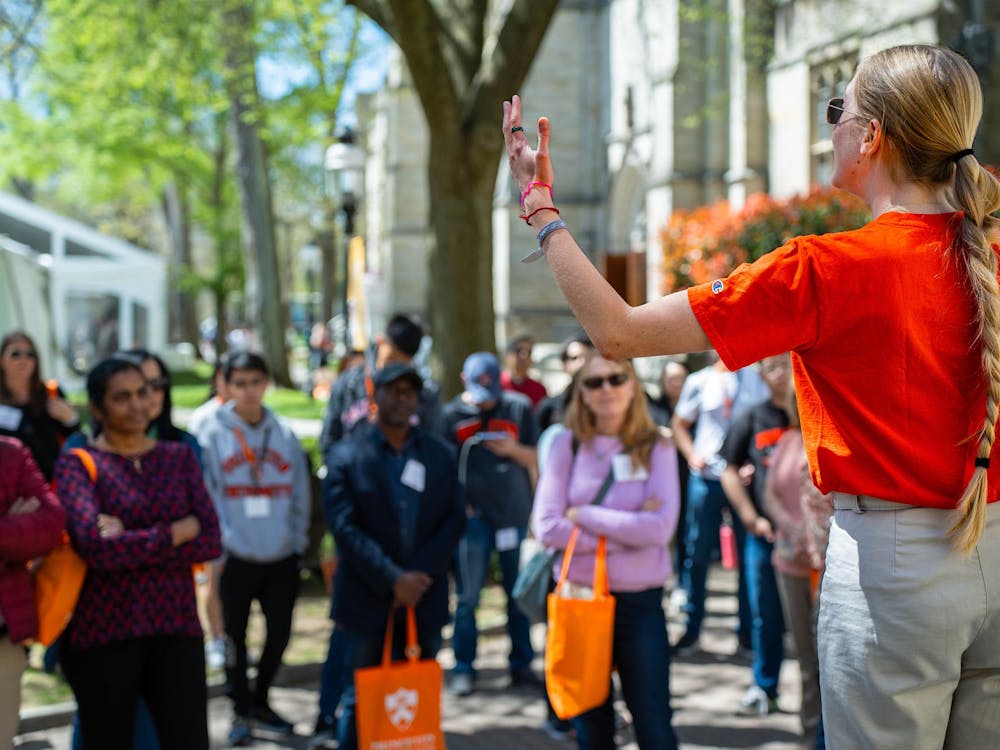In the weeks prior to the 2018 midterm elections, the focus on political discourse and civic engagement has heightened throughout the nation, particularly on college campuses. However, a small minority of the University’s undergraduate student body — international students — experiences this focus in vastly different ways.
According to the Davis International Center’s international students summary for the 2017–18 academic year, 629 of the 5394 University undergraduate students were international, translating to 11.7 percent of the undergraduate student body. The University experienced a 10.5 percent increase in international student undergraduate enrollment in the past five years.
Despite the significant increase in the number of international students on campus, it is oftentimes easy for students to forget that the rights of U.S. citizenship do not extend to the entire student body — even for international students, themselves.
“I feel so Americanized in so many ways, and a lot of people don’t realize that I’m Brazilian,” said Gabriela Pitten ’19. “Sometimes I forget that I’m not American, but then I remember, ‘Oh, yeah, I can’t vote.’”
A native to New Zealand, Tan Shanker ’20 noted that, because of the restrictions on his ability to be civically engaged, he is not nearly as attached to U.S. politics as domestic students.
“I’m not protesting or trying to change people’s minds,” Shanker said. “I’m just more interested in how it works.”
Bobo Stankovikj ’20 echoed Shanker’s sentiments, remarking that the politics of his home country, Macedonia, are of much more significance in his life.
“The U.S. is more globally impactful, so reading about it is important,” Stankovikj said. “But if Macedonia falls under, I will lose my well-being.”
Although every international student interviewed concurred that their respective domestic politics were more personally substantial to them than U.S. politics, many expressed an appreciation for the U.S. governing system when compared to their own native country’s.
Eliot Chen ’20, a junior originally from Hong Kong, finds himself “a lot more optimistic than it seems the average American citizen is.”
“I think about the politics back home and how dictators and people with delusions of power become presidents and heads of state,” Chen said. “But here, many of the best parts of the democratic system are in place, such as courts’ checks and balances.”
Shanker, who went to high school in Dubai, was fascinated by the fact that U.S. citizens “are so ingrained with the amendments and the concept of rights.”

“It’s kind of reassuring to know that there is a belief in something greater, something more important,” said Shanker.
Vote100, a new initiative created by a team of undergraduate students and the Office of the Dean of Undergraduate Students (ODUS), has been pushing for every undergraduate student to pledge to vote in this year’s midterm elections. In the case of international students, Vote100 has urged them to encourage eligible U.S. citizens to vote.
Generally, Vote100 has elicited positive responses from international students, despite not being able to directly vote.
“I think it’s necessary,” Stankovikj said. “The low turnout in the last midterm elections was absolutely absurd.”
Lisa Sheridan ’19, a senior from Northern Ireland, has also found the emphasis on civic engagement on campus to be quite important in the current political context.
“I think it’s great that the notion of how important it is to vote has been brought to campus with an initiative like this,” Sheridan said. “The spirit of Vote100 is great and young people are especially part of the demographic that needs to vote more than they do.”
Although international students are unable to participate in U.S. politics through the typical methods of voting in elections, they have found other ways to be civically engaged.
As an RCA, Pitten has been encouraging her zees to take advantage of their right to vote.
“I promoted voting amongst my ‘zees’ as an RCA, even though I can’t vote myself,” Pitten said. “If the topic comes up with friends, I’m like, ‘Dude, vote.’”
Some view their role in U.S. politics as extending beyond encouraging others to vote. Sheridan expressed optimism about her connection to civic engagement as a Sexual Harassment/Assault Advising, Resources & Education (SHARE) peer on campus.
“I try to keep up with things in the media involving women’s rights,” Sheridan said. “If I can’t vote in relation to women’s issues, I can at least empower women through SHARE.”
The 2018 midterm elections take place Tuesday, Nov. 6. To find your local polling location, visit The Washington Post’s list of relevant links here.









